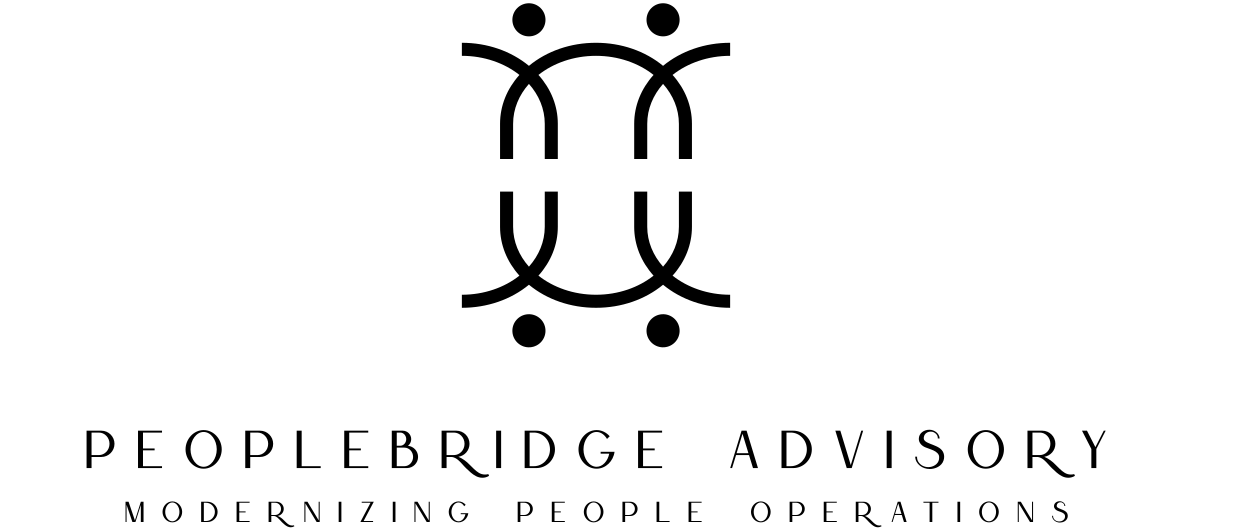This morning we woke to the dreadful news of an American Airlines plane colliding with a US military helicopter at Washington National Airport, a mere four or five miles from where I live. If I had been outdoors last night, I likely would have been able to see the firey ball at the moment of impact. The devastating accident has me thinking about the role HR plays under similar circumstances.
When tragedy strikes, the immediate aftermath is often marked by loads of activity: implementing response plans, addressing safety concerns, and providing critical information. However, it's the longer-term approach to recovery that defines an organization’s resilience and compassion. Many of us are tasked with guiding our organizations through challenging times not only with policies but also with empathy and care. This brief blog outlines how HR can extend its role offering support.
Understanding Workplace Trauma Dynamics
Workplace trauma can unsettle organizations whether short or long term. To tailor adequate HR strategies for employee support after a crisis, it's important to understand both the psychological impact on employees and how it may affect overall workplace dynamics. From shock and grief to anxiety and disillusionment, employees' responses vary widely and evolve over time.
Not all HR professionals have the expertise or organizational support to deploy personalized interventions that address not just collective needs but also individual healing processes. But through training in mental health first aid and building strong partnerships with counseling experts, organizations can help their people through the challenge.
Building Resilient Communication Channels
Clear and fact-based communication in the wake of tragedy is essential; it reassures employees their well-being is a priority and fosters a sense of security. Clear, empathetic messaging from the leadership team facilitated by HR, puts minds at ease and addresses rumors while affirming your organization’s commitment to transparency.
At a minimum, leadership teams and HR ought to work together, at least acknowledging the tragedy as unforeseeable, nerve wracking, and deeply sad. Sometimes just acknowledging a tragedy sends the message, "we see you, we know you are troubled by this news" rather than sweeping it under the rug and acting business-as-usual.
Long-Term Support Frameworks
The period following a traumatic event isn't short-lived; thus, embedding support mechanisms within your organization is vital for healing. Flexible work arrangements, extended leave policies, ongoing counseling services, are examples of structural supports that demonstrate genuine concern for employee well-being.
Furthermore, re-evaluating existing wellness programs or benefits packages could provide additional layers of support that cater to new needs arising from the event. Tailoring these offerings lets your team know you recognize their struggle and stand ready to assist in their recovery.
Fostering a Culture of Care
A nurturing culture doesn’t develop overnight but cultivating one becomes invaluable when tragedy hits. Normalizing open discussions about mental health year-round preps your workforce for times when peer-support becomes indispensable.
Crisis Preparedness for Future Growth
Learning from tragic events allows us to better equip ourselves for potential future shocks. Updating crisis response plans with reflections from recent incidents ensures continuous improvement in our response capability.
Debriefings post-recovery highlight what worked and expose gaps that need attention. Adaptability is hallmark here: being open to reshaping policies based on lived experiences underscores an organization's dedication to its workforce's security and comfort.
Summary
We have a responsibility that extends beyond immediate crisis management into areas ensuring recovery and bolstering resilience among workers. Extending acknowledgement and support ranging from understanding trauma dynamics to fostering forward-thinking cultures of care, HR acts as both caretaker and beacon of advancement after tragic events shake an enterprise.
We welcome executives directing organizations following unfortunate incidents to contact us at PeopleBridge Advisory for bespoke human resources consulting services tailored to meet your unique needs in both steady states and tumultuous times.


